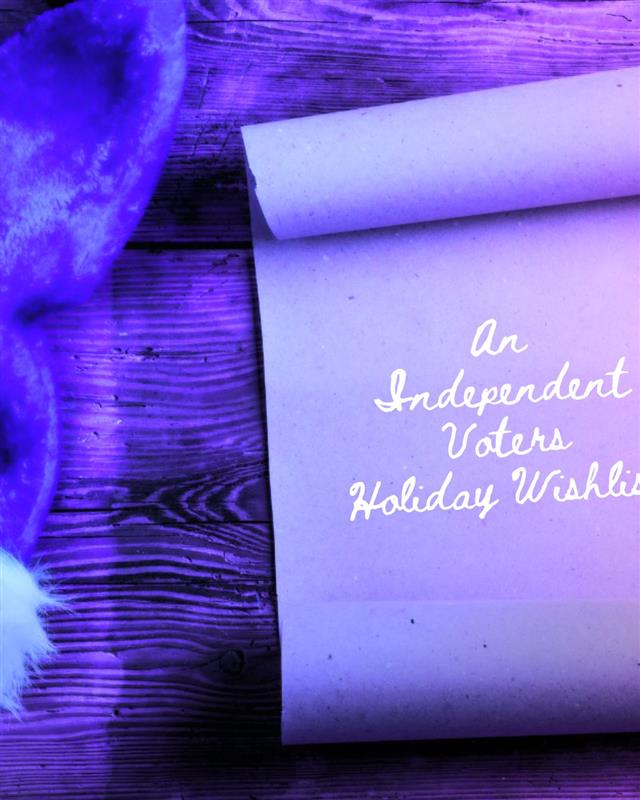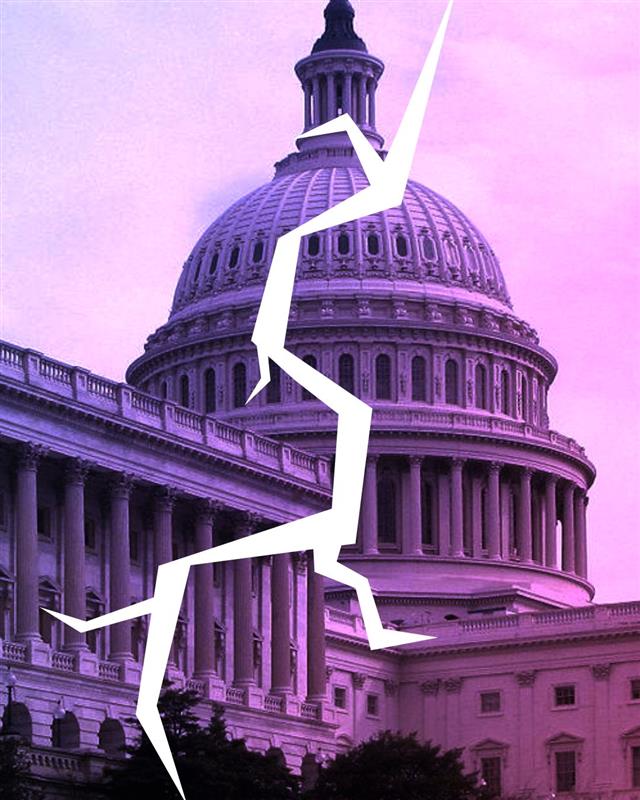The rise of independent voters signals a move away from hyperpartisanship and toward a values-driven political landscape.
The Big Picture
For decades, American politics has been constrained by a rigid two-party system that fosters tribalism and polarization. However, millennials and Generation Z are breaking this cycle, forging a third path that prioritizes policy over party loyalty.
According to Gallup surveys, independent voters have been the largest voting bloc since 2012, and their influence continues to grow. Millennials, now America’s largest generation, are leading this shift, maintaining their independence well into their 40s—something no prior generation has done.
Zooming In
Millennials and Gen Z Reject Party Loyalty
Historically, young voters leaned independent in their early years but eventually aligned with a major party as they settled into careers and family life. Millennials broke that pattern and continue to identify as independents into their 40s.
- Gallup surveys show that self-identified independents have been the largest group of voters since Obama’s re-election in 2012.
- The primary factor predicting partisanship is age—the younger the voter, the less likely they are to identify as Republican or Democrat.
As Brett Loyd, the Independent Center’s pollster, puts it:
“Politics is not Red or Blue; it’s Old vs. New.”
The Rise of Choice-Driven Politics
Millennials have grown up in an era where choice is embedded in everyday life. Unlike previous generations, who often stuck to one company, one city, and one political party, millennials have embraced customization and flexibility:
- Uber for transportation
- Instacart for groceries
- Remote work for careers
- Streaming services for entertainment
This mindset extends to politics—millennials reject straight-ticket voting and instead choose policies that align with their values, regardless of party affiliation.
A New Political Identity: Fiscally Responsible, Socially Inclusive
Millennials and Gen Z are forging a third way that emphasizes:
- Fiscal responsibility
- Social tolerance
- Freedom to choose the best policies for individuals and families
Because they aren’t beholden to party loyalty, they vote for candidates who authentically reflect their values rather than blindly supporting a party’s platform.
Data Snapshot
Independents Surpass Democrats in 2024 Election Turnout
For the first time in modern history, independent voters surpassed one of the two major parties in election turnout.
Exit polling from the 2024 election showed:
- Republicans: 35%
- Independents: 34%
- Democrats: 31%
Independents are no longer just swing voters—they are a third force in American politics.
Independent Lens
Millennials and Gen Z are driving a political realignment, transforming American politics from a rigid two-party system into a more dynamic landscape where values and policy matter more than partisan identity. The 2024 election demonstrated that independent voters are not only growing but are now an essential force in shaping the future of governance.
Independents seek leadership that reflects their priorities—fiscal responsibility, social inclusivity, and a commitment to practical solutions rather than partisan loyalty. If the major parties fail to recognize this shift, they risk losing the support of the electorate that will define the next era of American politics.
Subscribe to our newsletter to stay informed on the rise of independent voters and the issues that matter most.




%201.jpg)
